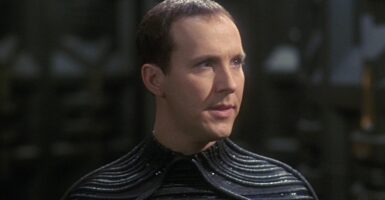The Sci-Fi Tearjerker Classic Everyone Should Read And See
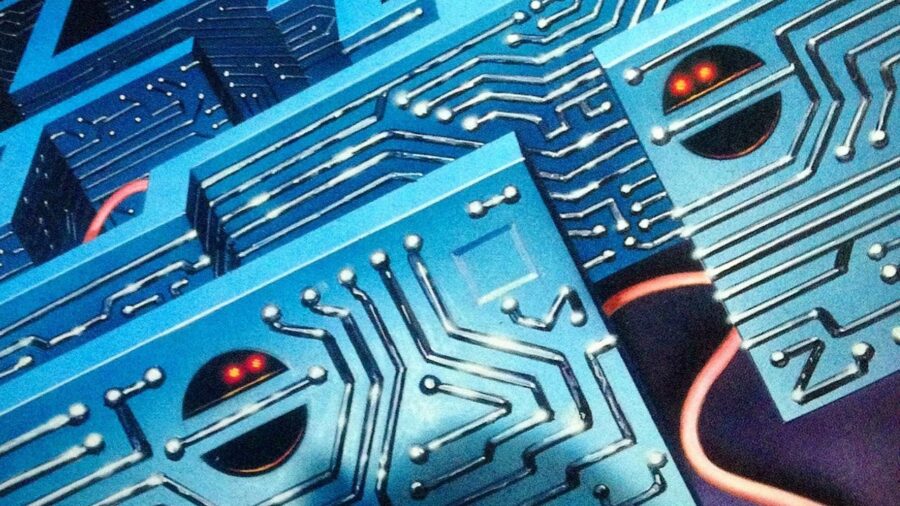
The 1968 drama Charly, directed and produced by Ralph Nelson, is the perfect movie for anyone looking for a classic that tells a greater story. Based on the 1966 short story Flowers for Algernon by Daniel Keyes, the story revolves around a mentally disabled man named Charly Gordon, who is the subject of an experimental surgery to boost his intelligence.
The Story
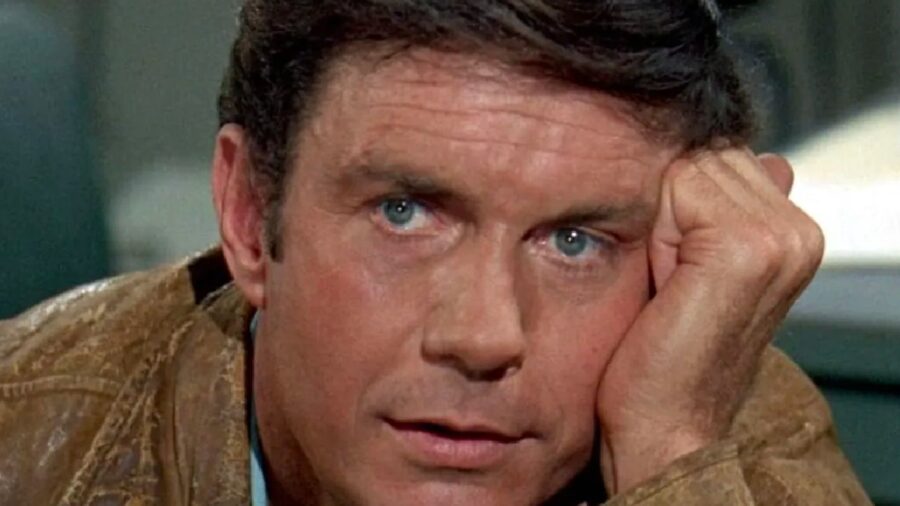
The movie stars Cliff Robertson as Charly Gordon and Claire Bloom as his teacher and eventual love interest, Alice Kinnian. The narrative structure is reflective of Flowers for Algernon, with Charly documenting his experiences through progress reports, offering insight into his evolving thoughts and emotions as his intelligence increases.
The Reception
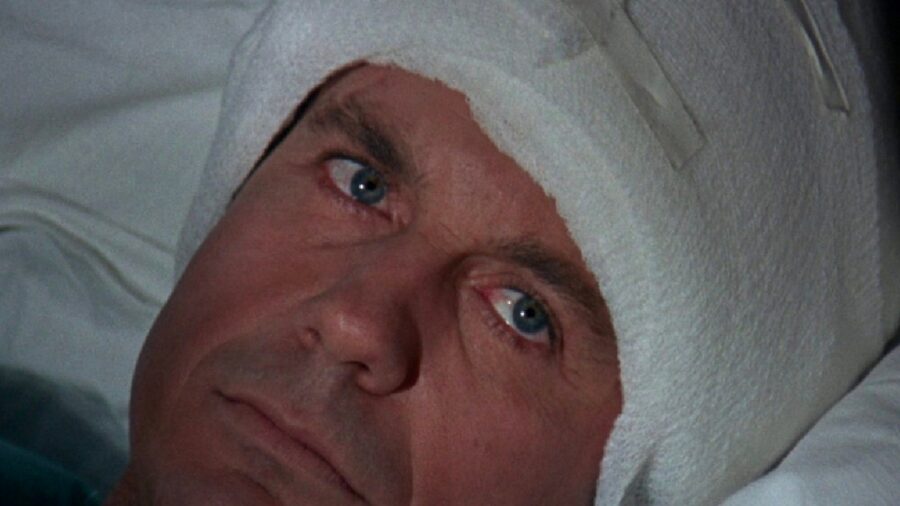
The film performed well at the box office, earning over $8 million in the United States. While some critics praised the film for its thought-provoking themes, others referred to the story as a “self-conscious contemporary drama, the first ever to exploit mental retardation for the bittersweet romance of it.” Despite the mixed reception, Cliff Robertson earned the Academy Award for his portrayal of Charly.
The Movie Vs. The Source Material
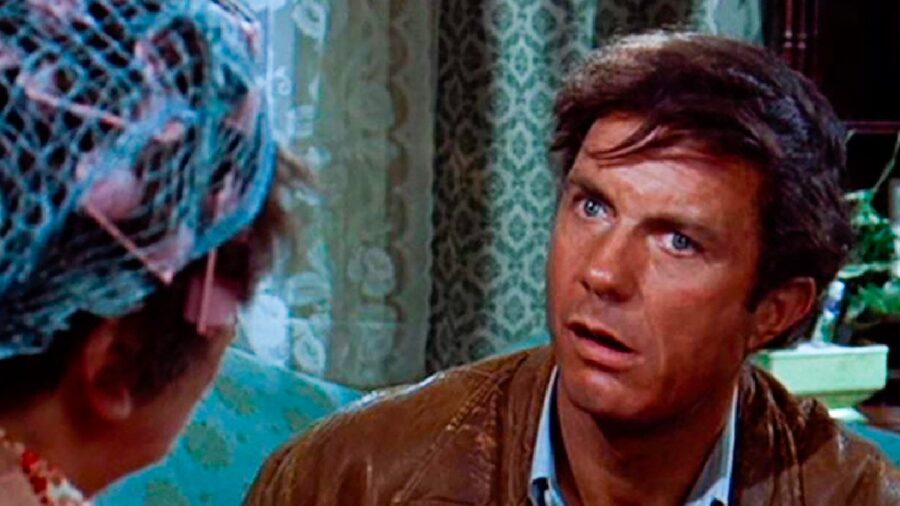
Although the film somewhat skillfully tackles sensitive topics like intelligence, compassion, and the consequences of tampering with human nature, it pales when compared to the source material. Flowers for Algernon began as a short story published in 1959 and was later expanded into a full-length novel in 1966. Like the movie, the story is presented as a series of progress reports documented by Charlie Gordon.
The Novel
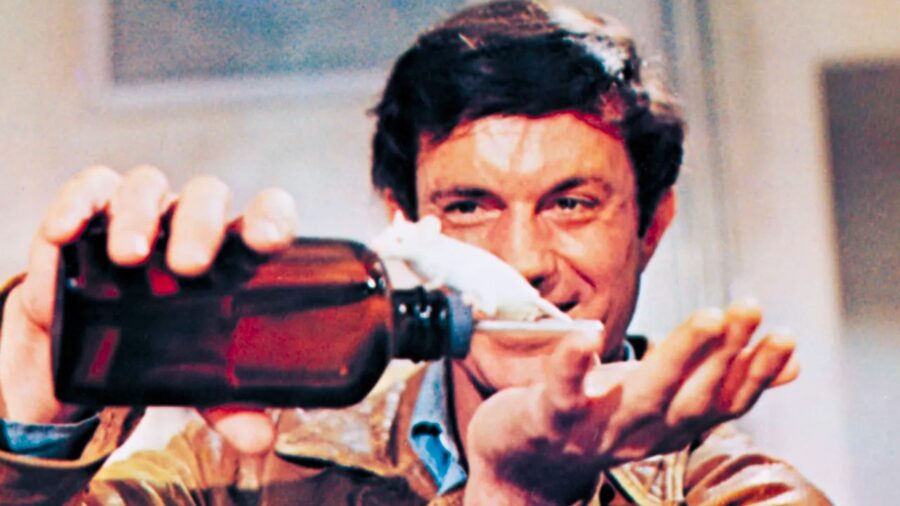
Readers of Flowers for Algernon are first introduced to Charlie’s spelling and grammar mistakes in his progress reports, reflecting his initial intellectual limitations. He works at a bakery and attends special education classes, hoping for a chance to improve himself. Charlie is selected for an experimental operation that has previously been successful in enhancing the intelligence of a mouse named Algernon.
As the experiment progresses, Charlie’s intelligence rapidly increases, and he starts to outperform the researchers. However, as Charlie becomes more intelligent, he becomes cynical due to the complexities of human relationships and emotions. As Charlie’s intelligence peaks, he discovers the loneliness and isolation that come with his newfound intellect.
One day, Charlie finds a flaw in the research behind his procedure. It indicates he will likely lose his intelligence and regress to his previous state. In a final postscript to his writings, he asks that someone place flowers on the grave of Algernon – a mouse that underwent the same procedure as he did but eventually died.
Legacy And Influence
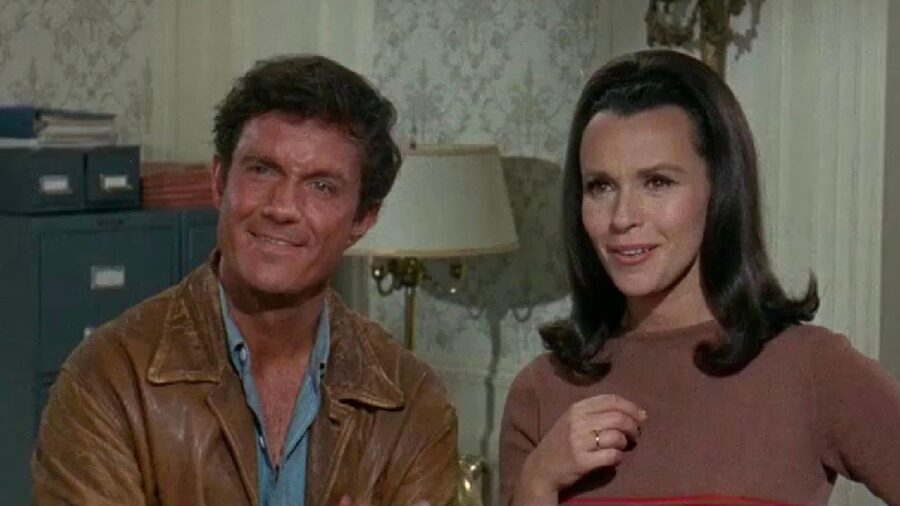
Flowers for Algernon has been widely praised for exploring the human condition. Daniel Keyes’ writings won several awards, such as the 1960 Hugo Award for Best Short Story and the 1966 Nebula Award for Best Novel. The book holds the 43rd position on the American Library Association’s list of the 100 Most Frequently Challenged Books of 1990-1999.
Flowers for Algernon has served as inspiration for various artistic works. Tony Banks, the keyboardist for Genesis, drew from the novel for the creation of the album A Curious Feeling. A 2001 episode of The Simpsons titled “HOMR” features a plot reminiscent of the story. The 2013 It’s Always Sunny in Philadelphia “Flowers for Charlie” heavily draws on themes from the book.


